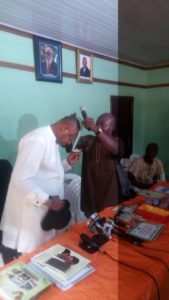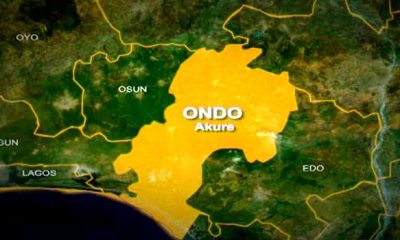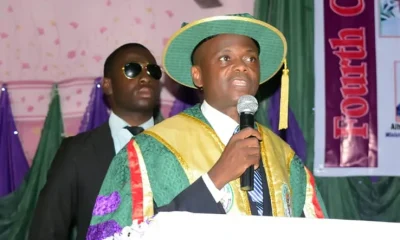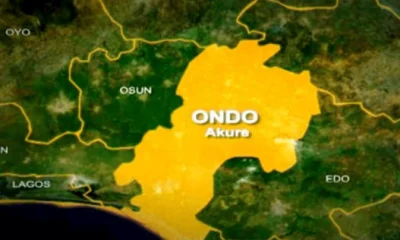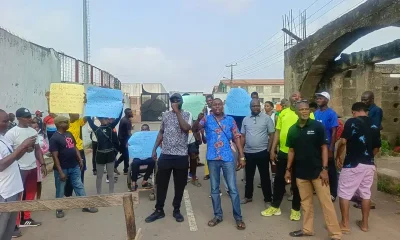News
Amnesty Programme: A Collective Responsibility, Says Boroh
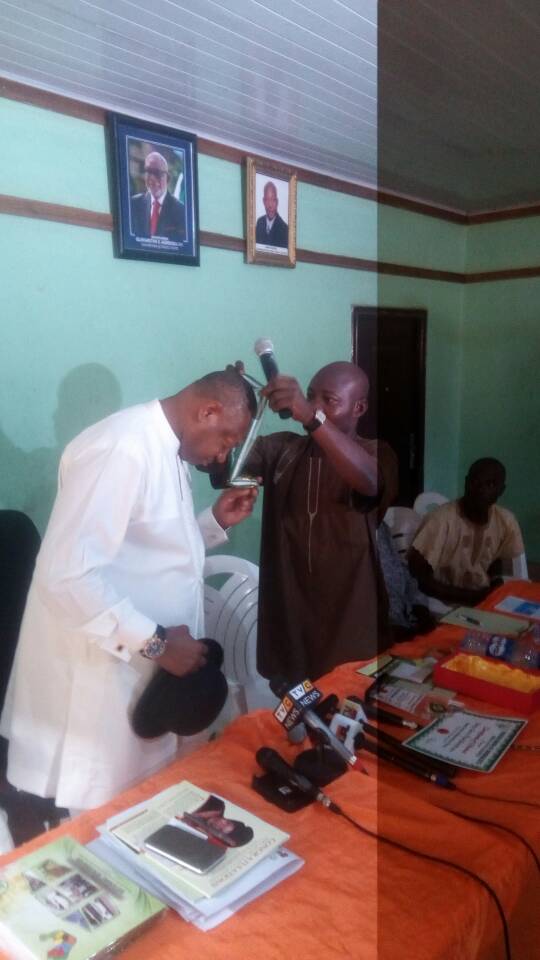
According to him, the programme ought to have been formulated as a policy of the federal government since the past 50 years.
Speaking with journalists in Akure, the Ondo state capital at the weekend shortly after receiving an award of the ‘Niger Delta Peace Ambassador’ bestowed on him by the Nigeria Union of Journalists (NUJ) Ondo state council, Boroh said the scheme had impacted on the lives of over five million people particularly in the region.
The presidential aide enthused that due to the current peace initiative in the Niger Delta communities, oil production had increased to 2.3 million barrels per day.
According to him, efforts were on to provide quick impact projects like provision of treated water for consumption, stressing that most of the people in the creeks have no toilet facilities, hospitals and other basic needs.
His words “we will touch the lives of people in the oil bearing communities, they need to feel the impact of the federal government mostly in all the Niger Delta small communities.
“The amnesty programme came due to conflicts, it is a very expensive scheme,we need peace,stability and development in the Niger Delta as a long and short measure of development”.
The retired military officer said Amnesty programme focused mainly on human capacity development to allow infrastructural development as against’ mathematical’ solution, stressing that peace efforts can not be measure.
Boroh noted that his appointment had afforded him the opportunity to feel the pulse of the people particularly those in the Niger Delta axis.
He described the honour of Peace Ambassador bestowed on him by Ondo NUJ as a great challenge to prove his worth and urged the media to partner with the scheme to sustain peace in the Niger Delta and Nigeria as a whole.
Boroh therefore lauded President Buhari for showing greater concern on finding workable solutions to various problems in the Niger Delta region.
-

 Opinion5 days ago
Opinion5 days agoDon’t Pull the Plug: Why Nigerians Are Pleading for the U.S. to Extend Its Police Training Program — and Why It Must Synergize With New Military Arrivals
-

 Crime4 days ago
Crime4 days agoVigilante Reportedly Shoots Colleague Dead In Plateau
-
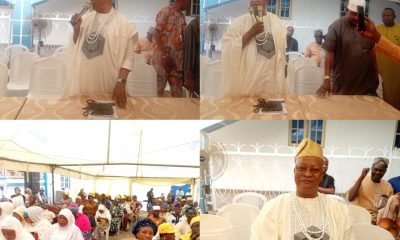
 News3 days ago
News3 days agoRamadan: Osun Cleric Urges Compassion Among Muslims As Asejere Distributes Relief Materials To 537 Beneficiaries
-

 Crime5 days ago
Crime5 days agoMan Shot Dead In Ambush Along Jol-Sho Road In Plateau

